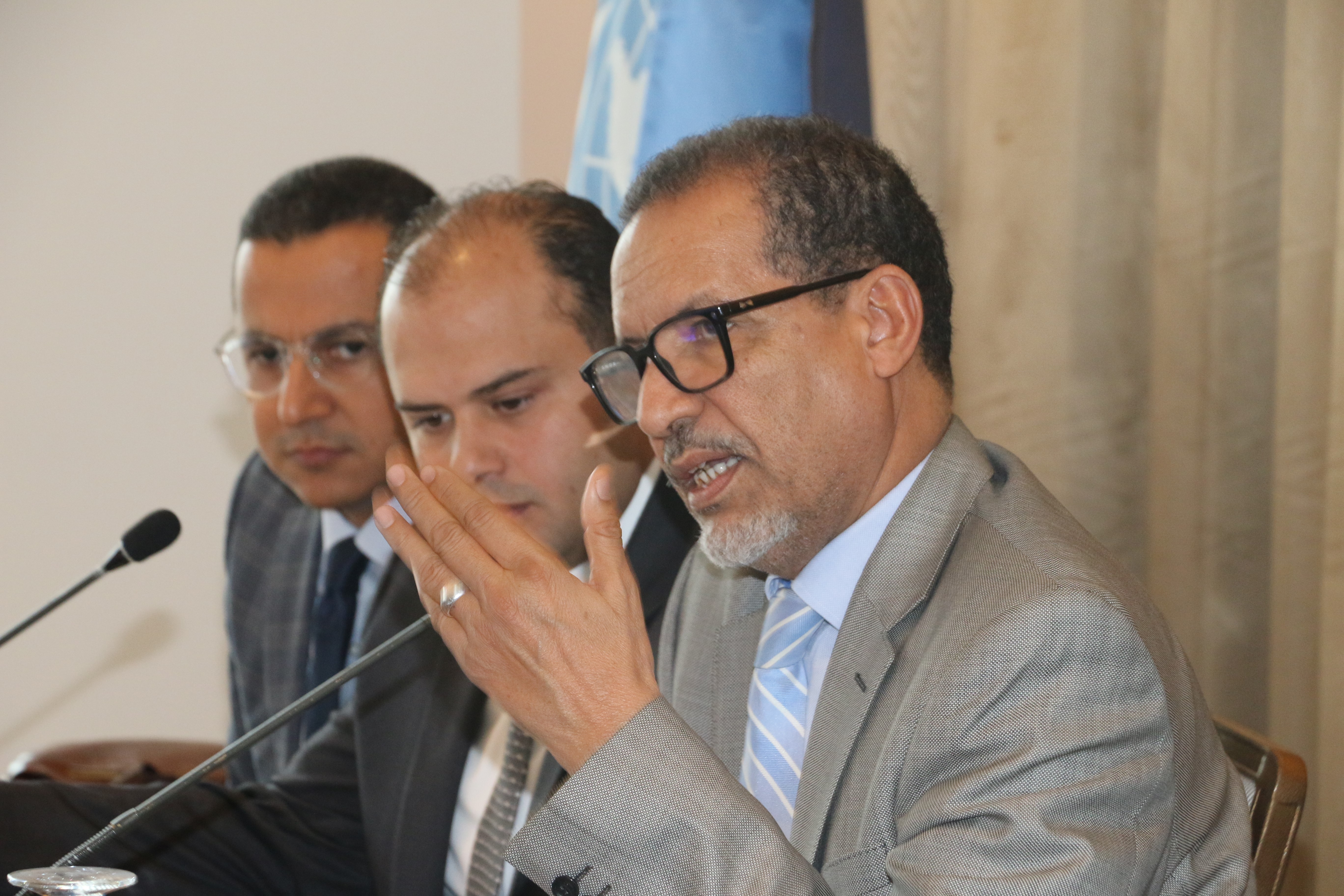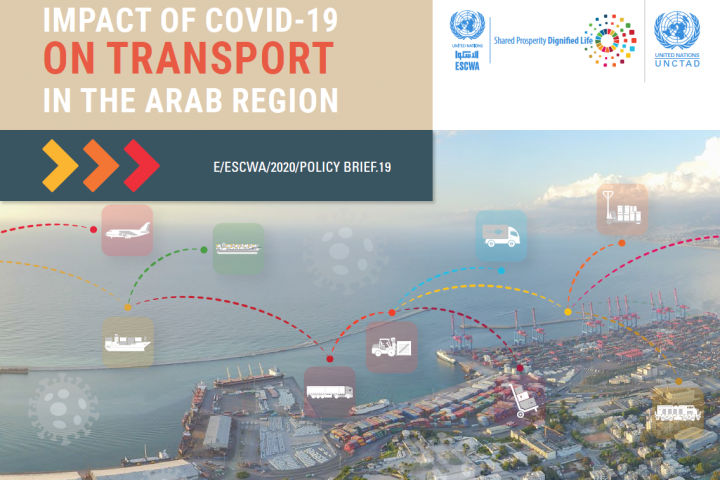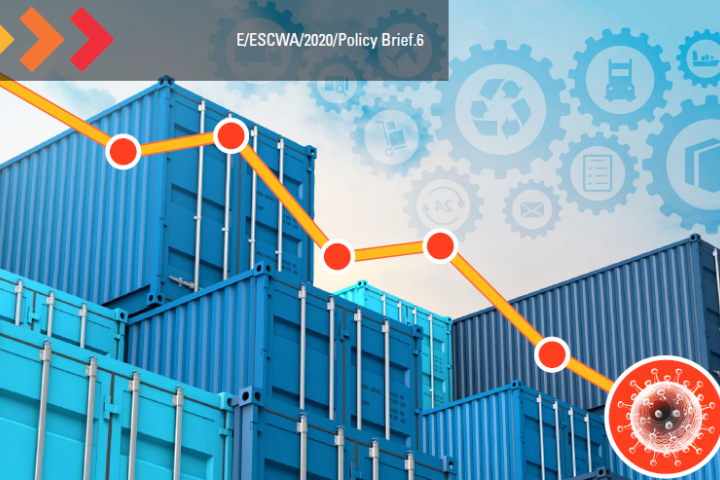Participants delved into issues of trade inservices as an engine of growth and development . Participants agreed on a set of recommendations, which included promoting trade integration in development plans; taking benefit from regional economic integration agreements to diversify productive capacities and integrate into the global economy; urging all Arab countries to join the trade liberalization agreement; developing platforms that provide information and tools for decision makers to achieve Arab integration on various tracks; and taking into consideration the macroeconomic and sectoral impacts of global trade wars on Arab countries.
Participants also discussed a tool presented by ESCWA to measure the impact of trade policies on selected sustainable development goals (SDGs). Delivering ESCWA opening remarks, Director of the Economic Development and Integration Division, Mohamed El Hacene, said that the meeting was an opportunity to learn about the developments of economic integration among member states and exchange successful experiences and ways to generalize them in the region.
“ESCWA is fully aware of the importance of global trade connectivity in pushing economic growth and sustainable development forward, and has prepared studies depicting the current status of regional macroeconomy that showed inequality among member States in availing from economic benefits due to the lack of regional and global integration,” El Hacene stressed.
The Committee on Trade Policies stemmed from the Technical Committee on Liberalization of Foreign Trade, Economic Globalization and Financing for Development first established in 1997. Last July, the UN Economic and Social Council endorsed splitting the Technical Committee into two separate committees to give each topic under its mandate the focus it deserves.
***
For more information:
-Ms Rania Harb, Public Information Assistant, +961-70-008-879; email: harb1@un.org




